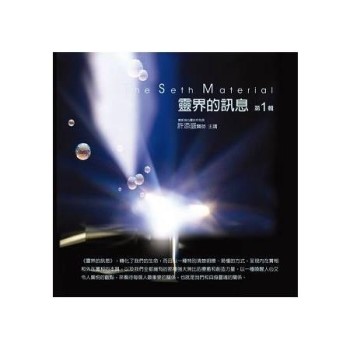What is introspection? Does introspection deliver theoretically valuable information about the mind? There is a long history in philosophy and psychology of using introspection to gather data about the mind. Introspection is often held to constitute our best and only direct access to consciousness and hence to be essential to any investigation of the conscious mind. Equally longstanding and widespread, however, are critical concerns that introspection is highly susceptible to interference, which, together with its privacy, renders it unreliable as a source of data about the mind.
Maja Spener offers an understanding of introspection that clarifies its epistemic importance in theorising about the mind. In particular, seemingly overwhelming concerns about the reliability of introspection are transformed into something methodologically more tractable. Central to the approach put forward in the book is the distinction between introspection as inquiry and introspection as mental capacity - between introspective method and introspective access. The first part of the book articulates, defends, and applies a novel framework for the systematic assessment of the potential and limitations of introspective methods. The framework is historically motivated, drawing on insights from key figures in early scientific psychology (especially Wilhelm Wundt, William James, and Georg Elias Müller) whose used and discussed introspective methods extensively. The second part of the book develops a composite pluralism about introspective access, showing how different modes of introspective access fit into the common sense and scientific pictures of our minds. Key to this pluralist account is the explanatory role introspection plays in our agency.| FindBook |
有 1 項符合
Introspection的圖書 |
 |
Introspection 作者:Spener 出版社:Oxford University Press, USA 出版日期:2024-04-30 語言:英文 規格:精裝 / 普通級/ 初版 |
| 圖書館借閱 |
| 國家圖書館 | 全國圖書書目資訊網 | 國立公共資訊圖書館 | 電子書服務平台 | MetaCat 跨館整合查詢 |
| 臺北市立圖書館 | 新北市立圖書館 | 基隆市公共圖書館 | 桃園市立圖書館 | 新竹縣公共圖書館 |
| 苗栗縣立圖書館 | 臺中市立圖書館 | 彰化縣公共圖書館 | 南投縣文化局 | 雲林縣公共圖書館 |
| 嘉義縣圖書館 | 臺南市立圖書館 | 高雄市立圖書館 | 屏東縣公共圖書館 | 宜蘭縣公共圖書館 |
| 花蓮縣文化局 | 臺東縣文化處 |
|
|
圖書介紹 - 資料來源:博客來 評分:
圖書名稱:Introspection
內容簡介
作者簡介
Maja Spener, Associate Professor in Philosophy, University of Birmingham
|










